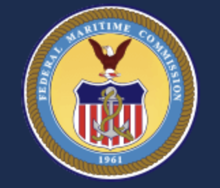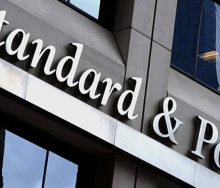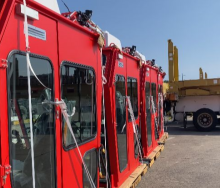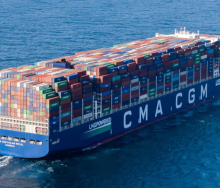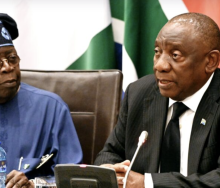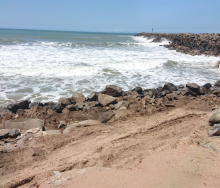The shipping industry has registered its concern about recent increases in protectionist measures, presenting two position papers to the World Trade Organisation that commit to the preservation and promotion of free trade policies and principles around the world.
The papers – presented by members of the International Chamber of Shipping (ICS), the Asian Shipowners’ Association (ASA) and the European Community Shipowners’ Associations (ECSA) - point out that there has been a seven fold increase in import-restrictive trade measures since 2017. This represents an additional US$ 588.3 billion of additional costs to global trade. “The importance of this representation has been given heightened relevance following the decision by the United States of America to increase import tariffs on certain goods from China,” they say.
Addressing the WTO Simon Bennett, ICS deputy secretary general, said: “It is no coincidence that the massive growth in the global economy and thus the demand for maritime services that has been seen over the past 25 years has followed the WTO’s establishment in 1995.
“Global maritime trade now exceeds ten billion tonnes of cargo a year, but the efficiency of the shipping sector is dependent on a rules-based trading system. This requires the negotiation and adherence to multilateral trade agreements under the auspices of the WTO. Recently this success story has been the subject of unwarranted criticism and threat by certain governments, including the United States, undermining the WTO’s role as the regulator of international trade. There are no winners when you increase unilateral tariffs, which is why the best place to address disputes is at the WTO.”
137 new trade-restrictive measures were put in place between 2017 and 2018 which have added significant burden and cost to the free movement of goods.

